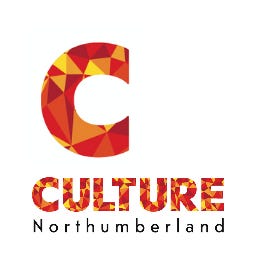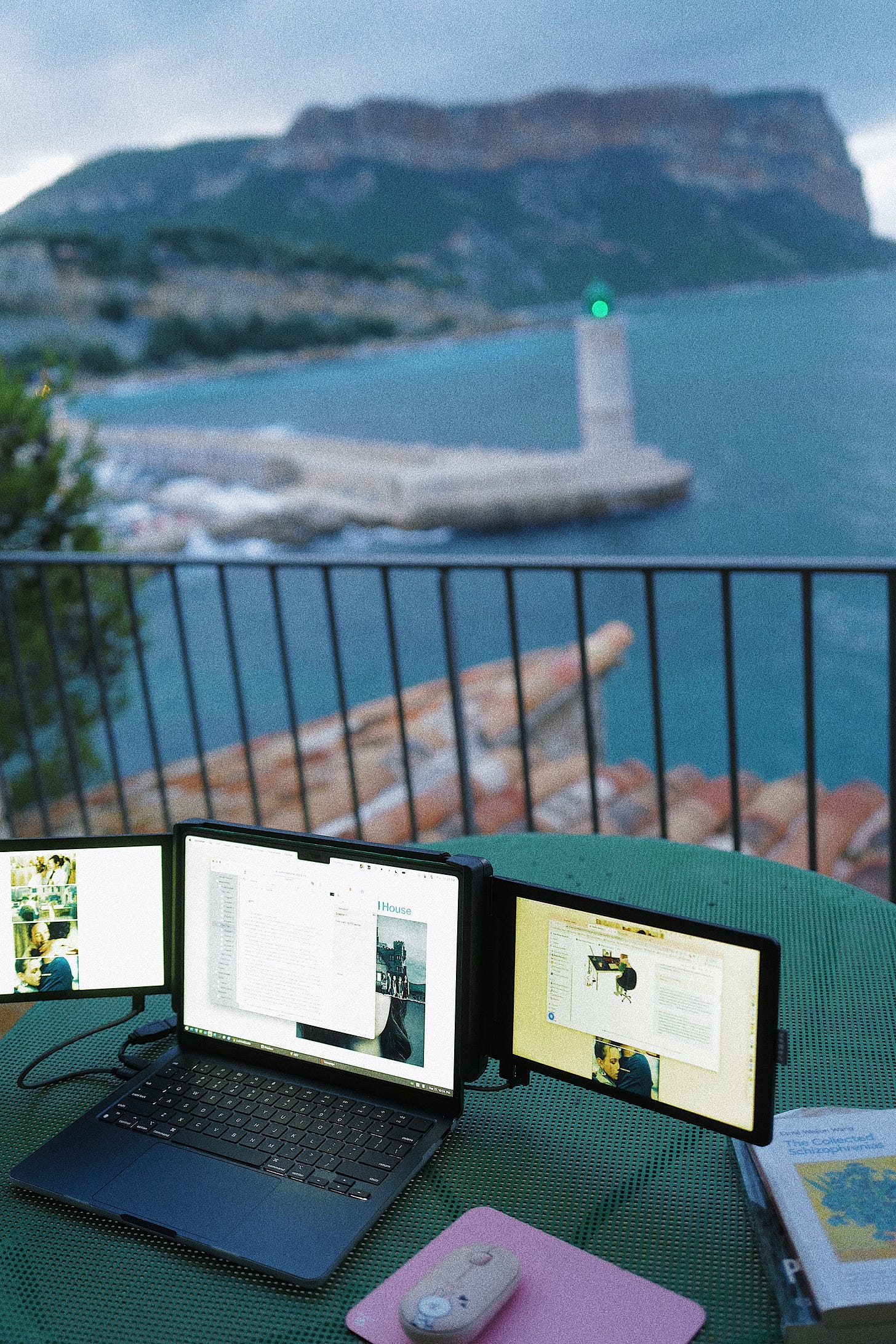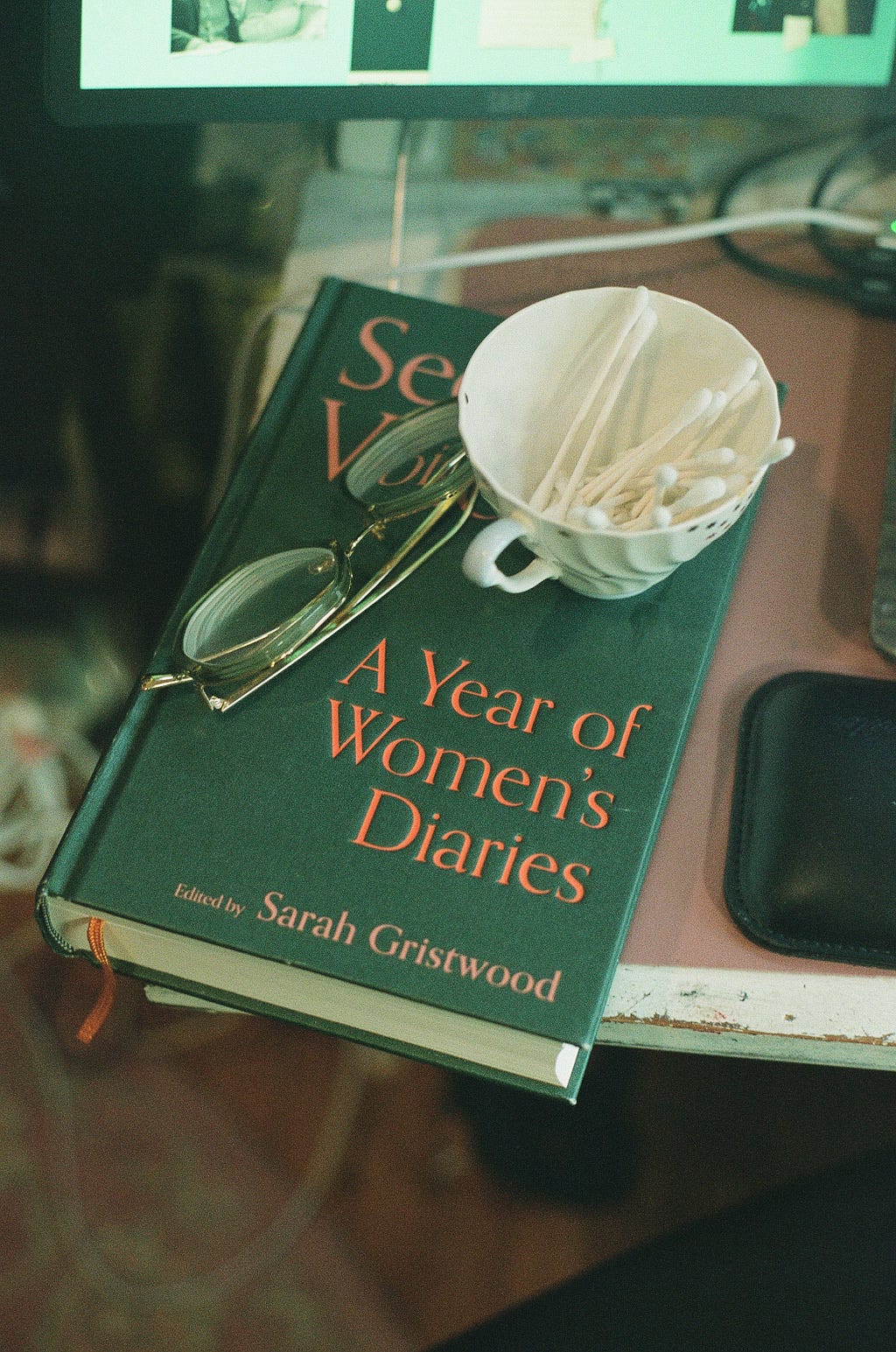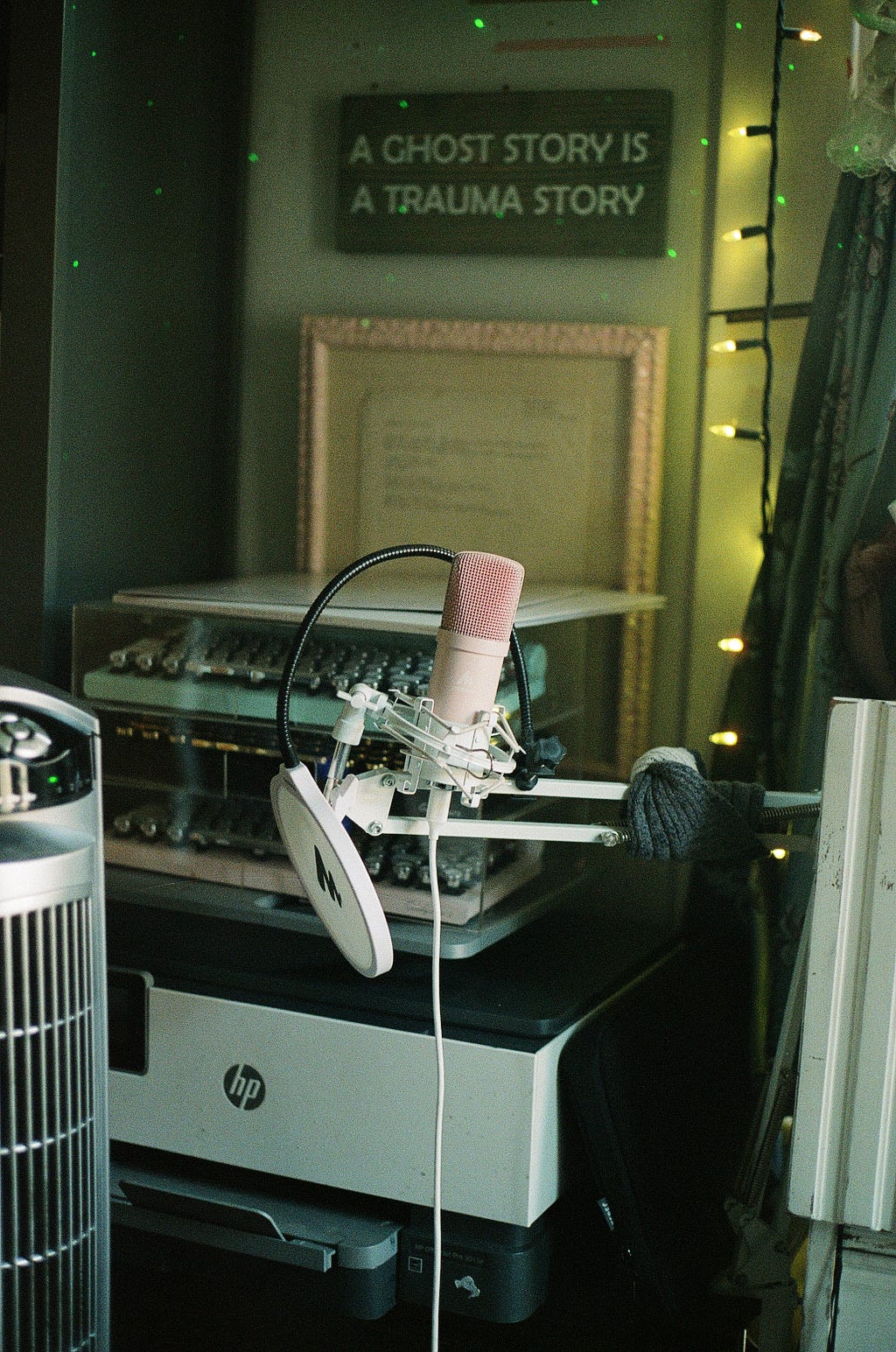Interview with Award winning writer Esmé Weijun Wang
Hopping over the pond to explore the beautiful writing lifestyle of others.
Hello and happy weekend!
This is the fifth in a series of spotlight articles featuring our paid members. You can read our previous one here. It has been such a brilliant experience opening up my inbox to creatives working across Northumberland and beyond! I have already met some wonderful people and it has been a pleasure hearing their stories and learning more about the work they are doing here in our small corner of the world. We hope you enjoy reading them too. This week we are hopping over the pond…
I caught up with Esmé Weijun Wang, who is a writer, speaker, teacher and author of the New York Times-bestselling essay collection, The Collected Schizophrenias, & the award-winning novel, The Border of Paradise. Esmé is also the founder of The Unexpected Shape Writing Academy. (More on that coming up!)
Esmé currently works for herself in San Francisco, California in a home that she shares with her husband, who is currently recovering from cancer, and their dog Daphne, who is a mutt with a great big heart.
I had a few questions that I wanted to ask Esmé, to find out more about what it is like being an award winning writer and what it is like working for yourself in San Francisco!
What does a ‘day in the life’ look like for you?
A typical day in life for me means waking up at about 4 a.m. I journal and rest until the sun comes up. I check my Notion document for the day, which includes to-dos that my assistant has put together. This is a relatively recent thing, because I have really struggled with figuring out what to do in a day when I have hundreds of things on my to-do list. I asked my assistant if I could pass on to him all of the things I needed to do, along with milestones and deadlines, and he could tell me what to do every day. So far, it has been going splendidly.
I try to do the work that I am meant to do and then I rest as much as I need to. I make dinner with my husband, and then we eat dinner and I go to sleep, or sometimes we’ll lie in bed and read together. We'll read out loud to one another, or sometimes we'll go out to a literary event or movie. We tend to be homebodies these days, because he is severely immunocompromised from bone marrow cancer, and I am chronically ill with fibromyalgia and dysautonomia. Life is not what most people would call exciting, but I do love my little life and adore the people and creatures in it.
You are an award winning writer - What did winning awards mean for your career?
Winning awards for my writing has been an interesting addition to the process. I remember when I was first listed by Granta Magazine (a prestigious UK literary publication) as one of the supposedly best 21 young American novelists in the last 10 years. And I did some events for that accolade that were quite interesting. I was featured at one event with two people who were quite well-known—and at this point, I was a true nobody. My only novel had been published by a very small press. When you looked on the list that year, you would say to yourself: I have no idea who that is.
So we were doing this event together, and somebody in the audience asked us what would change in our lives because of this award. The other two authors talked a lot about how these awards were not to be thought about, how it was important to focus on the work, and that they did not allow themselves to think about awards as much as possible. And I remember feeling very uncomfortable at the time, although I wasn't sure why. When I was in the car on my way home with my husband, I mentioned feeling uncomfortable. He said that it made sense that I would feel uncomfortable, because for me, this award did mean a lot for my career as a Taiwanese American, disabled, queer woman writer. It meant that a nobody who was published by a very small press would be mentioned in large publications as a winner of this significant award.
It was the same way with other awards that I won during a time when my agent was not supportive (I am with a different agent now), and my career was very much a nascent one.
So while I try not to put too much stock into awards, I will say that they do have the chance of boosting your career, not to mention your self-esteem, and the privilege of being a certain kind of writer might mean that you don't need awards. But it doesn't mean that awards aren't important at all.
Tell us a bit more about the Academy and short courses that you run…
I run the Unexpected Shape Writing Academy, which is an online writing school for ambitious writers living with limitations who are interested in writing memoir or personal nonfiction. It’s made up of eight modules of classes, taking the writer all the way from before you start writing to when you are publishing. We also have 12 guest lectures by some of the most amazing writers that are working today, including Leslie Jamison, Hanif Abdurraqib, Suleika Jaouad, and many others. I love what we’ve built, and I hope that anyone reading this might consider joining us. You can learn more at the Unexpected Shape Writing Academy.
I also have online courses and ebooks for people who are not interested in writing memoir or personal nonfiction. I have classes that are about writing fiction. I have a book that is about restorative journaling, which is a process that I developed when I was journaling through difficult times. And I also have two published books, called The Border of Paradise: A Novel and The Collected Schizophrenias: Essays.
How you can follow and support Esmé online:
Have a question for Esmé? Feel free to leave a comment below…
Thanks so much to our recent supporters here at Culture Northumberland:
Esmé Weijun Wan,Vanessa Priest, Lindsey Mclaren, Louise Mabbs,Hilary Elder, Republic Gallery, Dex Hannon, Dispel Develop,Alison Edwards,A Recumbent Prattler, Lyn Campbell, Chloe Daniels, Sarah Morpeth - you’ll learn more about their work soon.











So brilliant to learn more about Esme! What a brilliant interview! ✨